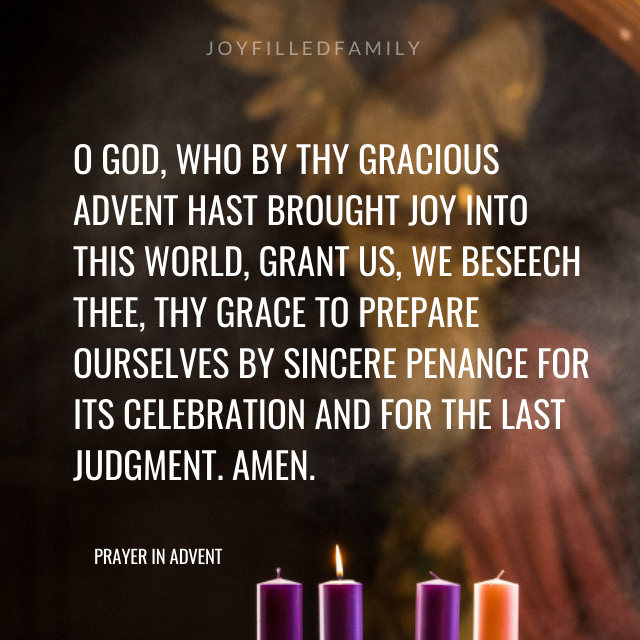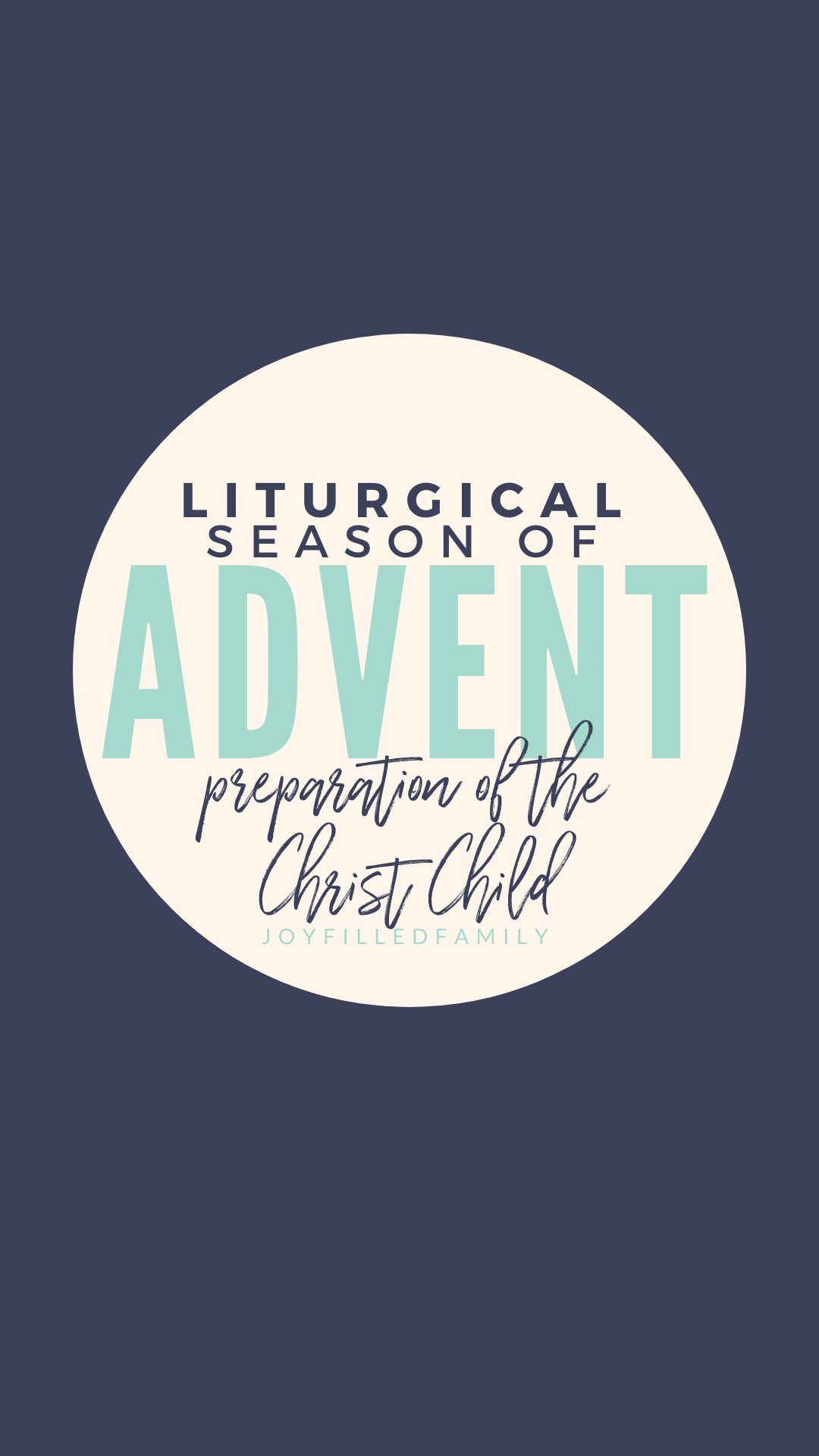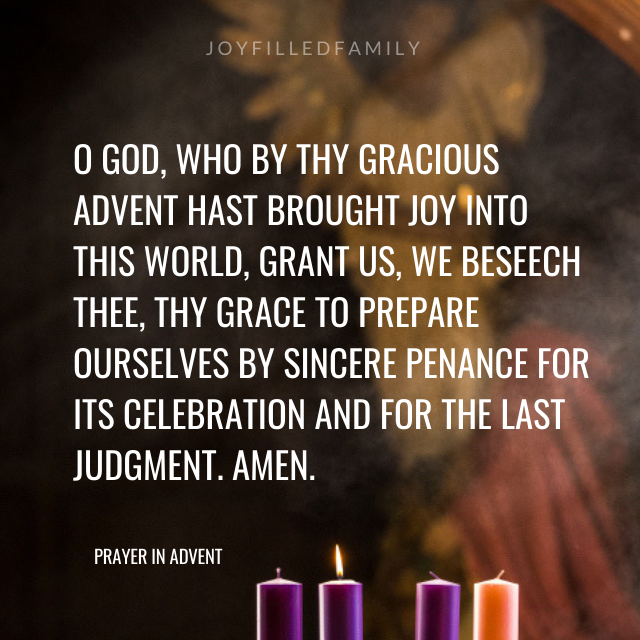Feast of Saint Francis Xavier
December 3
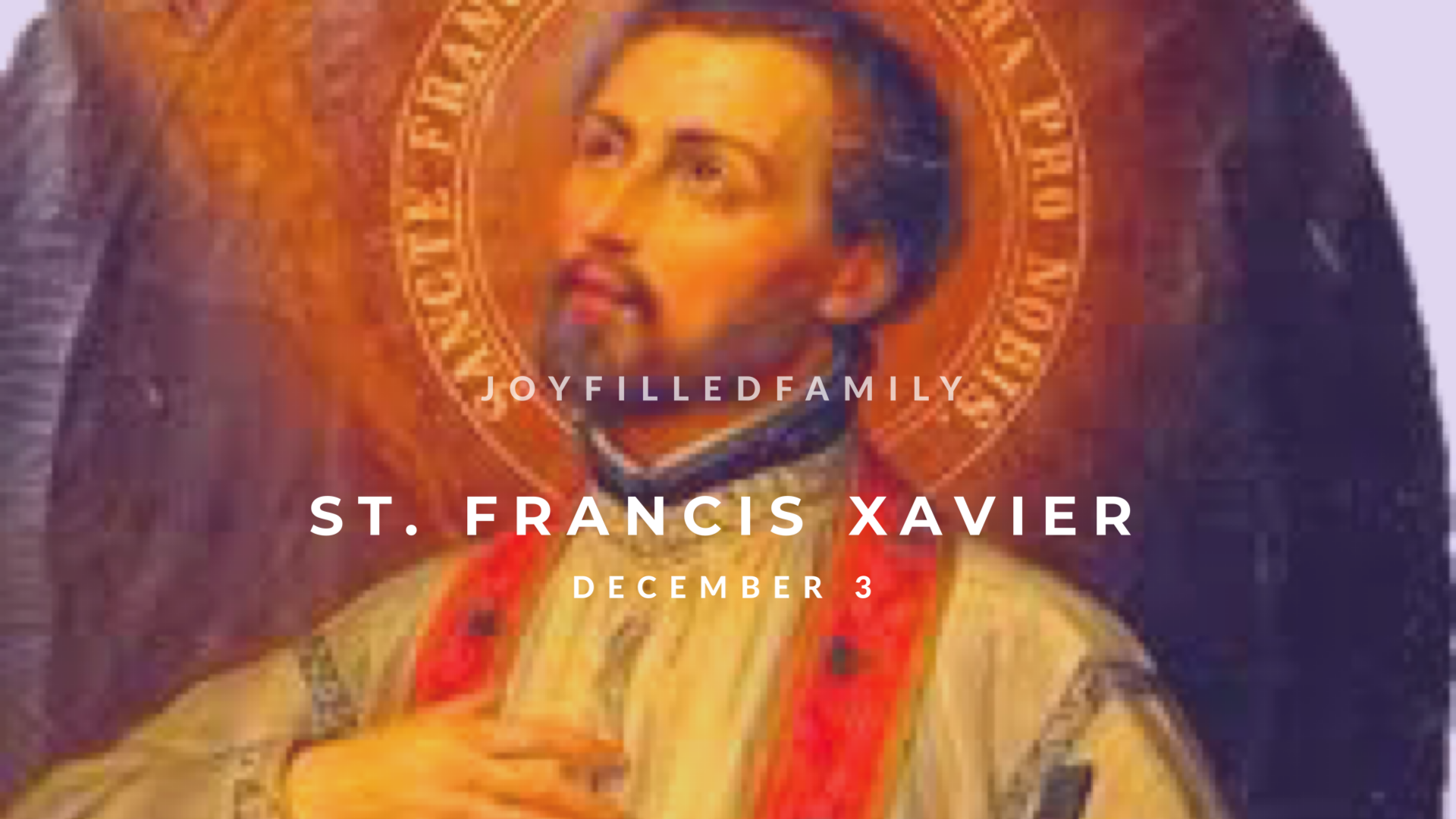
FRANCIS XAVIER, surnamed the Apostle of the Indies, was born of noble parents 7 April 1506, at Xavier, a castle near Pampeluna, in Spain. In his eighteenth year he became one of the first members of the Society of Jesus, at Paris, and from that moment gave himself up so earnestly and perseveringly to meditation, self-denial, and the practice of Christian virtues that by no desire was he so much animated as by that of laboring and suffering for the glory of God and the salvation of men, wherever and however it might please God.
In the year 1541 he was sent as missionary to India. Of his labors and sufferings there his works bear witness. He preached the Gospel in fifty-two kingdoms, great and small, of India and Japan, and baptized about a hundred thousand pagans and Mahometans. Wherever he came, the idols’ temples were thrown down, and churches built to the true God. He died in 1552, poor and destitute of all bodily comforts, but rejoicing in the Lord, with these words, “Lord, in Thee have I hoped; let me never-be confounded.”
Let us learn from Saint Francis Xavier to labor, according to Our ability, for the glory of God and the salvation of our neighbor. Although we cannot become missionaries, we yet can pray, and we can join the Association for the Propagation of the Faith.
The Introit of the Mass is as follows:
“I spoke of Thy testimonies before kings and was not ashamed.
I meditated also on Thy commandments, which I loved exceedingly.
Praise the Lord, all ye nations; praise Him, all ye people: for His mercy is confirmed upon us, and the truth of the Lord remaineth forever.”
Epistle: Romans 10:10-18
Brethren: With the heart, we believe unto justice; but, with the mouth, confession is made unto salvation. For the Scripture saith: Whosoever believeth in Him, shall not be confounded. For there is no distinction of the Jew and the Greek: for the same is Lord over all, rich unto all that call upon Him. For whosoever shall call upon the name of the Lord, shall be saved. How then shall they call on Him, in Whom they have not believed? Or how shall they believe Him, of Whom they have not heard? And how shall they hear, without a preacher? And how shall they preach unless they be sent, as it is written: How beautiful are the feet of them that preach the gospel of peace, of them that bring glad tidings of good things! But all do not obey the gospel. For Isaias saith: Lord, who hath believed our report? Faith then cometh by hearing; and hearing by the word of Christ. But I say: Have they not heard? Yes, verily, their sound hath gone forth into all the earth and their words unto the ends of the whole world.
Gospel: Mark 16:16-18
At that time Jesus said to His disciples: Go ye into the whole world and preach the gospel to every creature. He that believeth and is baptized, shall be saved; but he that believeth not, shall be condemned. And these signs shall follow them that believe: In My name they shall cast out devtls; they shall speak with new tongues; they shall take up serpents; and if they shall drink any deadly thing it shall not hurt them; they shall lay their hands upon the sick and they shall recover.

Prayer
O God, Who, by the preaching and miracles of blessed Francis, wast pleased to add unto Thy Church the nations of the Indies, mercifully grant that we who venerate his glorious merits may also follow the example of his virtues. Through Jesus Christ our Lord, etc.
– Goffine’s Devout Instructions
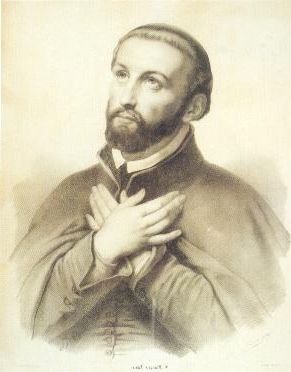
Francis was born of noble parents, at Xavier, in the diocese of Pamplona, Spain. Having gone to Paris, he there became the companion and disciple of Saint Ignatius of Loyola. Under such a master, he arrived at so high a contemplation of divine things as to be sometimes raised above the ground, which occasionally happened to him while saying Mass before crowds of people. He had merited these spiritual delights by his severe mortifications of the body; for he never allowed himself either meat, or wine, or even wheaten bread, and ate only the coarsest food; he not unfrequently abstained, for the space of two or three days, from every sort of nourishment. He scourged himself so severely with disciplines, to which were fastened pieces of iron, as to be frequently covered with blood. His sleep, which he took on the ground, was extremely short.
Such austerity and holiness of life had fitted him for the labours of an Apostle; so that when John the Third, King of Portugal, asked of Paul the Third, that some of the newly-founded Society might be sent to the Indies, that Pontiff, by the advice of Saint Ignatius, selected Francis for so important a work, and gave him the powers of Apostolic Nuncio. Having reached those parts, he was found to be, on a sudden, divinely gifted with the knowledge of the exceedingly difficult and varied languages of the several countries. It sometimes even happened, that whilst he was preaching in one language to the people of several nations, each heard him speaking in their own tongue. He travelled over innumerable provinces, always on foot, and not unfrequently bare-footed. He carried the faith into Japan, and six other countries. He converted to Christ many hundred thousands in the Indies, and baptised several Princes and Kings. And yet, though he was doing such great things for God, he was so humble, that he never wrote to Saint Ignatius, the then General of the Society, but on his knees.
God blessed this zeal for the diffusion of the Gospel by many and extraordinary miracles. The Saint restored sight to a blind man. By the sign of the cross he changed sea-water into fresh, sufficient for many days, for a crew of five hundred men who were dying from thirst. This water was afterwards taken into several countries, and being given to sick people, they were instantly cured. He raised several dead men to life; one of these had been buried on the previous day so that the corpse had to be taken out of the grave; two others were being carried to the grave when the Saint took them by the hand, and, raising them from the bier, restored them to their parents. Being continually gifted with the spirit of prophecy, he foretold many future events, or such as were happening in most distant parts. At length, full of merit, and worn out by his labours, he died on the second day of December, in Sancian, an island off the coast of China. His corpse was twice buried in unslaked lime, but was found, after several months, to be incorrupt: blood flowed from it, and it exhaled a pleasing fragrance: when it was brought to Malacca, it instantly arrested a most raging pestilence. At length, fresh and extraordinary miracles being everywhere wrought through the intercession of the man of God, he was enrolled among the Saints by Pope Gregory XV.
Petition to Saint Francis
Glorious Apostle of Jesus Christ, who did impart his divine light to the nations that sat in the shadows of death! we, though unworthy of the name of Christians, address our prayers to you that, by the charity which led you to sacrifice everything for the conversion of souls, you would deign to prepare us for the visit of the Saviour, whom our faith and our love desire. You were the father of infidel nations; be the protector, during this holy season, of those who believe in Christ. Before your eyes had contemplated the Lord Jesus, you made him known to countless people; now that you see him face to face, obtain for us that, when he is come, we may see him with that simple and ardent faith of the Magi, those glorious first-fruits of the nations to which you didst bear the admirable light.
Remember also, O great Apostle, those nations which you didst evangelise, and where now, by a terrible judgement of God, the word of life has ceased to bring forth fruit. Pray for the vast empire of China, on which you looked when dying, but which was not blessed with your preaching. Pray for Japan, your dear garden which has been laid waste by the savage wild beast of which the Psalmist speaks. May the blood of the Martyrs, which was poured out on that land like water, bring it the long expected fertility. Bless, too, all the Missions, which our holy Mother the Church has undertaken in those lands where the Cross has not yet triumphed. May the heart of the infidel be opened to the grand simplicity and light of faith; may the seed bring forth fruit a hundred-fold; may the number of your successors in the new apostolate ever increase; may their zeal and charity fail not; may their toil receive its reward of abundant fruit; and may the crown of martyrdom, which they receive, be not only the recompense, but the perfection and the triumph of their apostolic ministry. Recommend to our Lord the innumerable members of that Association, which is the means of the Faith being propagated through the world, and which has you for its Patron. Pray, with a filial affection and earnestness, for that holy Society, of which you are so bright an ornament, and which reposes on you its firmest confidence. May it more and more flourish under the storm of trial which never leaves it in rest; may it be multiplied, that so the children of God may be multiplied by its labours; may it ever have ready, for the service of the Christian world, zealous Apostles and Doctors; may it not be in vain that it bears the name of Jesus.
-Dom Prosper Gueranger
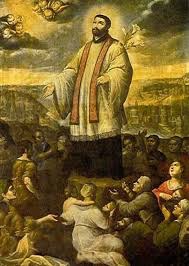
Pictorial Lives of the Saints – Saint Francis Xavier
A young Spanish gentleman, in the dangerous days of the Reformation, was making a name for himself as a Professor of Philosophy in the University of Paris, and had seemingly no higher aim, when Saint Ignatius, of Loyola, won him to heavenly thoughts. After a brief apostolate amongst his countrymen in Rome, he was sent by Saint Ignatius to the Indies, where for twelve years he was to wear himself out, bearing the Gospel to Hindostan, to Malacca, and to Japan. Thwarted by the jealousy, covetousness, and carlessness of those who should have helped and encouraged him, neither their opposition nor the difficulties of every sort which he encountered could make him slacken his labors for souls. The vast kingdom of China appealed to his charity, and he was resolved to risk his life to force an entry, when God took him to Himself, and on the 2d of December, 1552, he died, like Moses, in sight of the land of promise.
Reflection – Some are specially called to work for souls; but there is no one who cannot help much in their salvation. Holy example, earnest intercession, the offerings of our actions in their behalf – all this needs only the spirit which animated Saint Francis Xavier, the desire to make some return to God.
